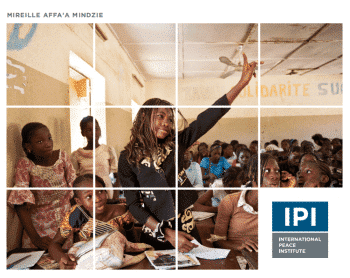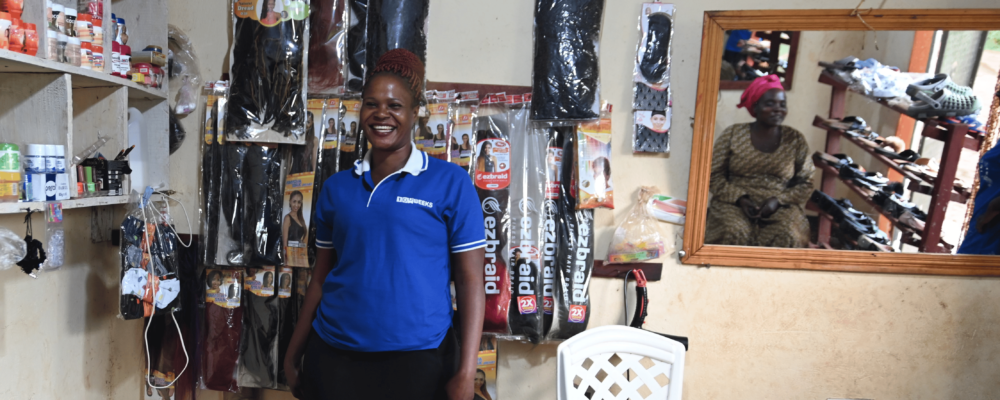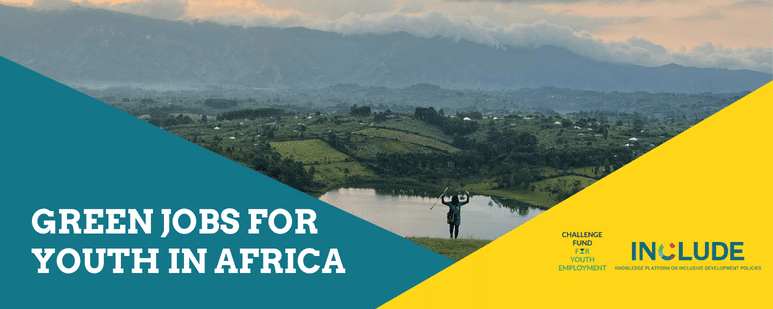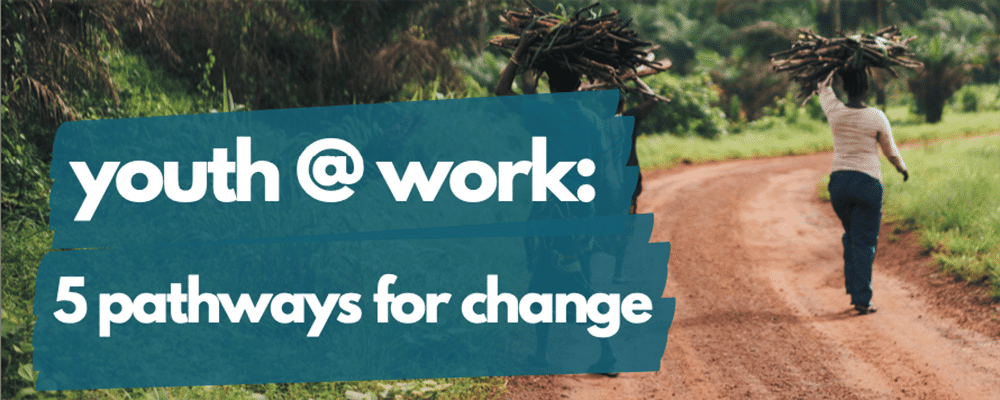
- This report identifies possible strategies that enhance women and youth groups’ political participation and ensure their contribution to ongoing initiatives that promote peace, security, and development across the Sahel region.
- Women and youth represent the vast majority of the population in most countries in the Sahel, yet their exclusion from decision-making processes persists.
- Despite many promising initiatives, civil society organizations’ efforts are hindered by a number of weaknesses, such as excessive competition, politicization, and poor internal governance and transparency. As such, the exclusion of most women and youth from politics continues.
To increase the political participation of women and youth, the report makes the following seven recommendations:
- Implement existing norms and strengthen institutions to improve democratic governance and political participation: Innovative strategies should be developed to close the persistent gap between norms and implementation and ensure that the various standards and principles that have been formulated to advance democracy and inclusive governance practices, including gender equality and the political participation of women and youth, are fully realized.
- Build the capacity of women and youth: To ensure the meaningful participation of women and youth in decision-making processes, their skills should be developed in areas including advocacy, leadership, public administration, conflict management, and gender mainstreaming.
- Strengthen existing women’s and youths’ movements: Stronger solidarity and synergies among female leaders across political party lines and between young political elites and their excluded counterparts can help widen the political space available to women and young people.
- Improve social service delivery and support private sector initiatives: Girls’ education is a key factor for individual and community empowerment, and for women’s political participation. Quality jobs for young people can prevent their recruitment by extremist groups, making it more likely that they will channel grievances through the political system, rather than resorting to violence.
- Promote multi-sectoral approaches and engage the media: Beyond political rights, innovative strategies need to address women’s economic and social status and seek to advance broader community development. As part of a multipronged approach, the media can play an important role in shifting attitudes around gender equality and the political participation of women and youth.
- Build bridges across groups and communities: To counter conservative narratives that restrict women’s public participation, women’s groups need to connect with religious leaders who advocate for inclusive politics on the basis of a tolerant and progressive interpretation of Sharia law.
- Advance the women, peace, and security agenda: The involvement of women in conflict prevention and peace initiatives across the Sahel is a key condition for sustainable peace, stability, and development in the region, which calls for the effective implementation of the women, peace, and security agenda formalized by UN Security Council Resolution 1325.










